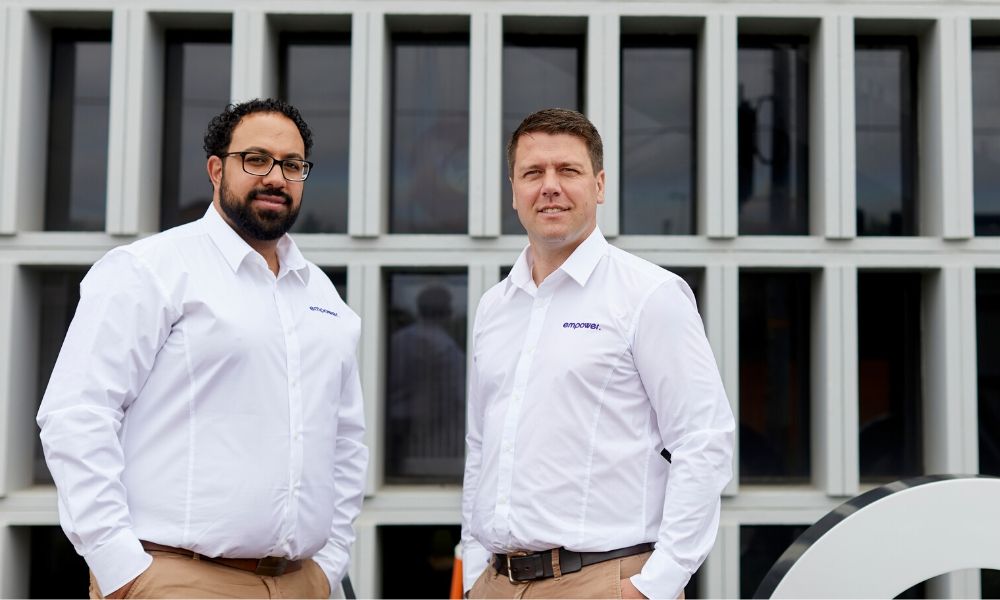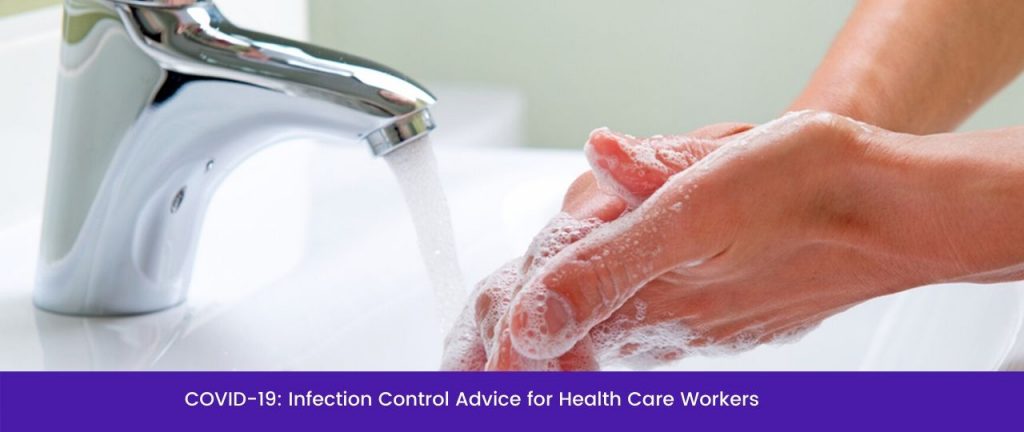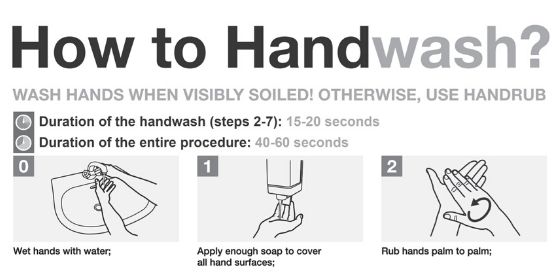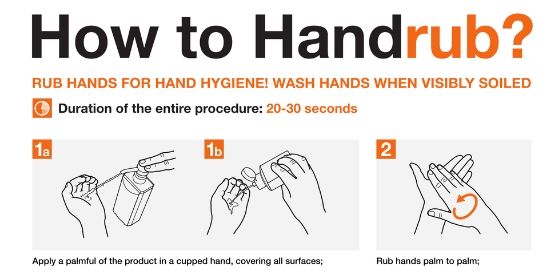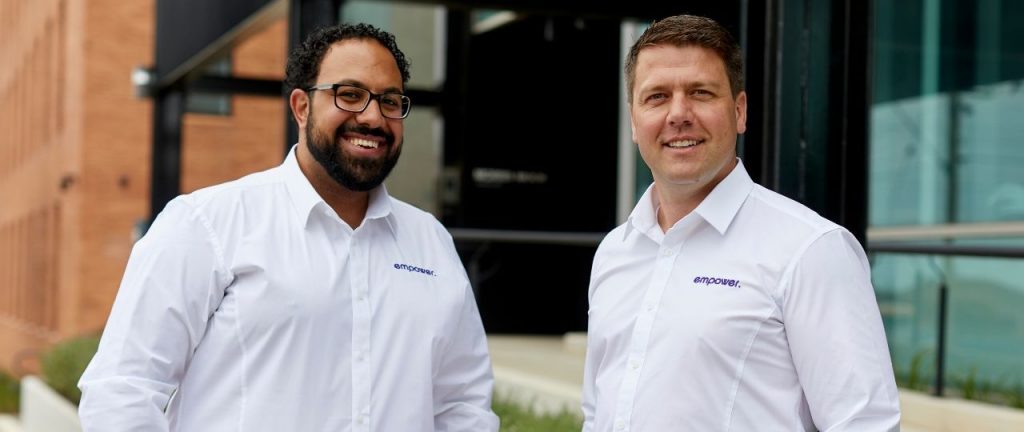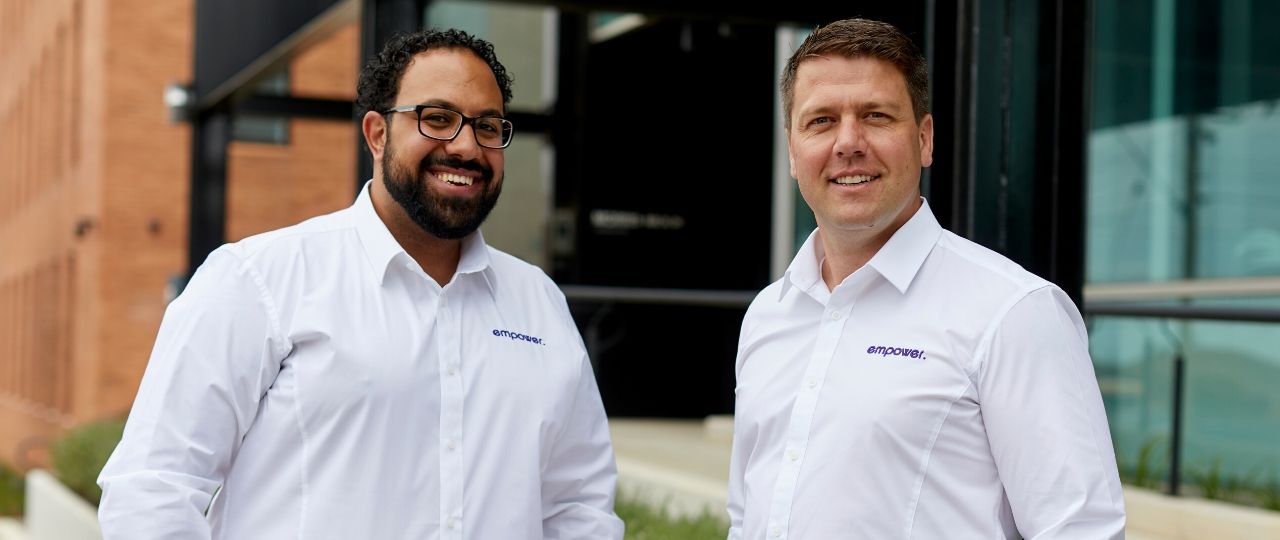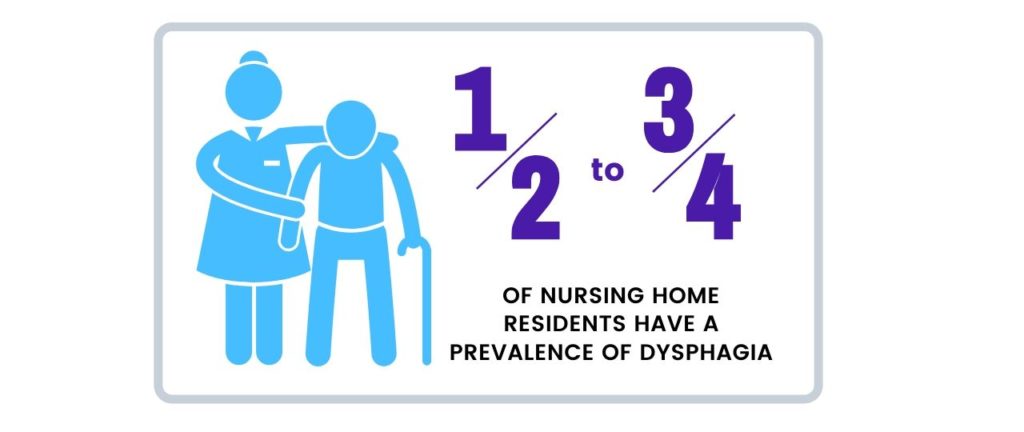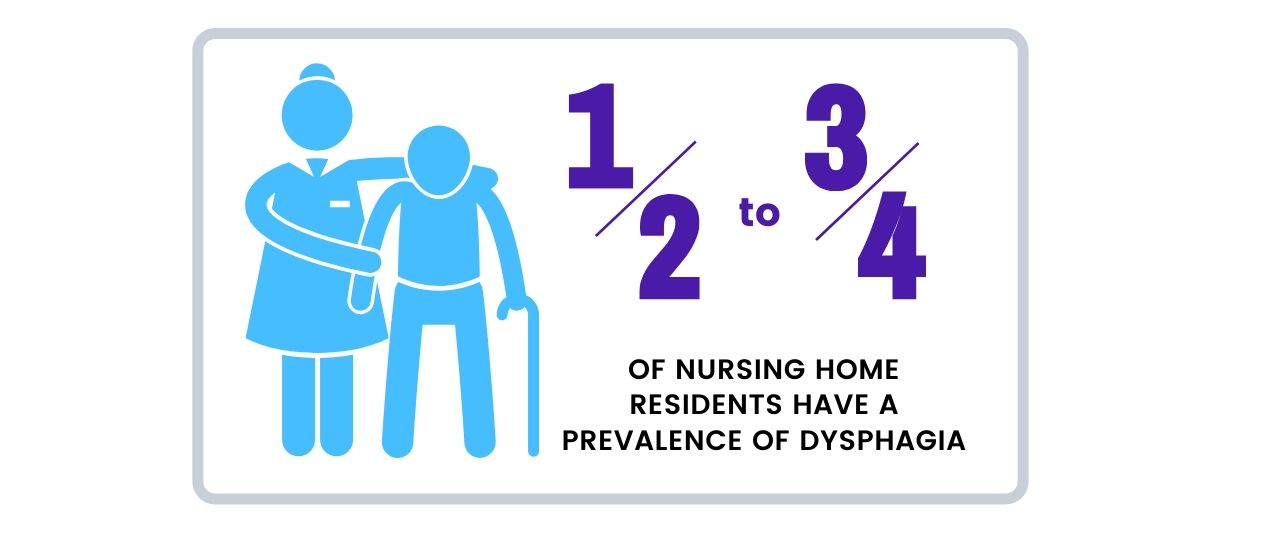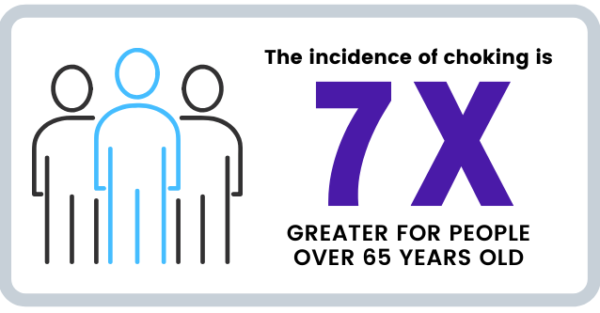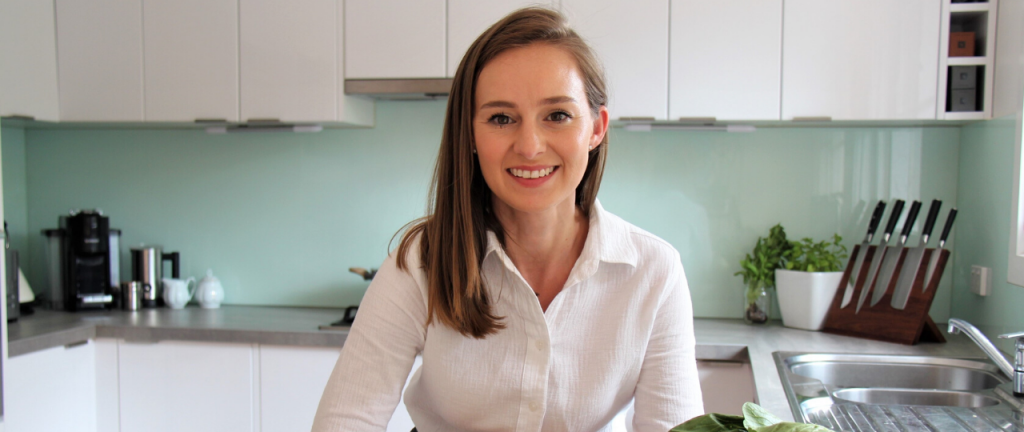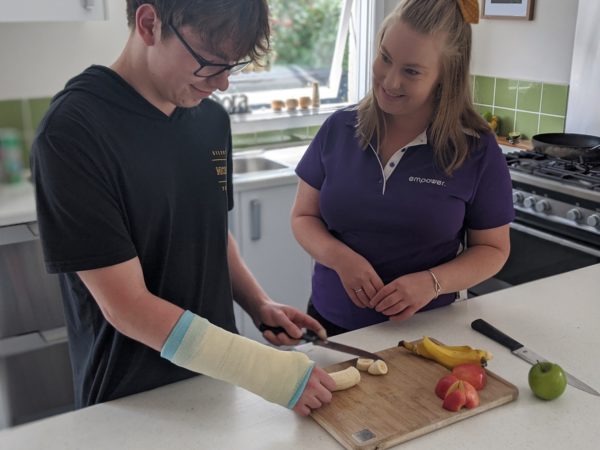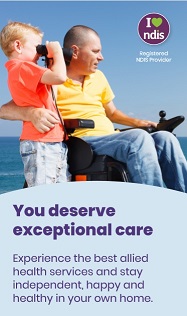Empower Healthcare has been on the front-foot since the early COVID-19 developments and have created a detailed Business Continuity and Operational Plan.
How has Empower Healthcare Been Preparing?
We are committed to the safety of our clients, consumers and team members and our Operational Plan details the increased measures we have taken across our organisation and those we plan to take should the Pandemic progress. This plan was shared electronically with our clients yesterday. Please contact national office on 03 9583 1364 if you would like a copy of this communication.
We will be in regular communication with you all throughout this crisis, at this point we would like to communicate the following key advice:
- Currently there are no cases of COVID-19 within the Empower Healthcare team
- All Empower staff have undertaken a refresher course on Hand Hygiene and Infection Control in response to COVID-19
- Our teams are being provided with additional PPE to further minimise risk
- We have issued our internal COVID-19 policy which ensures that any at-risk staff do not attend and will require medical clearance prior to returning to work
Will all of Empower’s Services Be Maintained?
Yes. As healthcare providers, we recognise that we provide an invaluable service to Residential Aged Care, Home Care and NDIS clients, and as such, have taken the following additional measures to ensure clients, consumers and team members health and safety comes first.
Residential Aged Care:
Some of our clients have asked us how we will ensure that we provide our full service throughout the outbreak process. We’d like to reassure you that at Empower Healthcare, we have taken several measures to ensure that we maintain a healthy and viable workforce across all of our client’s facilities. In addition, we have moved to increase our workforce including adding to our casual bank.
In some cases our clients have moved to voluntary lockdown. In these cases, we’d like to reassure you that as an essential part of the operation, Empower will continue to provide services in conjunction with providers.
Home Care/ NDIS:
Currently the advice is to maintain Home Care Services as these offer key supports to the community, including physical support and vital access to equipment.
As we are all aware, the people we all work with are some of the most vulnerable with a higher risk of infection and will continue to require our services in order to stay safe and healthy at home. Therefore, we are taking every possible precaution to ensure that we can continue to provide our services to them safely.
How are employees managing infection control and consumer safety?
Empower Healthcare are undertaking the following precautions:
- Education on Infection control and hand hygiene is offered to all consumers as part of our service
- Pre-screening of all clients prior to visit – currently undertaken by clinicians prior to entering house. Should the pandemic progress to the next phase, pre-screening will be undertaken each day for all visits by our Head Office team.
- A Home Care specific education module on precautions around COVID-19 has been provided to all staff
- Strict Infection Control and PPE measures such as; WHO 5 moments of hand hygiene and sneeze/cough hygiene, use of gloves, as well as thorough and regular cleaning of equipment before and after each treatment.
- Additional Personal Protective Equipment (PPE) packs have been prepared for clinicians which contains examination gloves, hand sanitiser, soap dispenser paper towel and bars of soap.
If a customer is feeling sick?
It is very important that Empower Healthcare is informed if a customer becomes unwell, particularly if they have been receiving support services during the 14-day period before becoming unwell. This is especially important if you have symptoms include a fever, cough, sore throat or tiredness.
If you develop symptoms including a fever and cough you should isolate yourself immediately and urgently seek medical attention. It is very important that you do not continue with Empower Healthcare’s services while you are unwell.
What will happen if a customer or staff member has COVID-19?
Staff
In line with government guidelines, employees will not attend work and will alert management as soon as possible if they meet any of the following criteria:
- Within the last 14 days, travelled to/from China, Iran, South Korea, Italy or any other country with heightened travel advisories in place in relation to COVID-19
- Have been in contact with anyone who has travelled overseas in the past 14 days
- Are experiencing a fever or any respiratory illness;
- Have tested positive for COVID-19; or
- Have been instructed to self-isolate by a public health official
If Empower Healthcare becomes aware of a team member positively confirmed with COVID-19. National office will then notify the relevant healthcare organisations, clinical care managers, case managers, consumers, carers and other team members that may have been in contact.
In regard to Home Care Services, all future treatments will be re-allocated and case managers, consumers & carers will be notified.
Empower Staff members will not return until they have a medical clearance.
Customer
If a customer has contracted COVID-19 and we have been notified by the healthcare organisation, management will ask for any clinician that has been in contact with that consumer in the last 14 days, to go into self-isolation.
Customers who have contracted COVID-19 will not be able to return to receiving Empower Healthcare services until they have a medical clearance.
Current Business Operational Status
As part of our Operational Plan, Empower Healthcare’s national office will now be reduced to a skeleton team, with the other team members continuing to work from home. As the pandemic progresses, all national office members will follow suit.
Our service platform utilises cloud-based technology platforms, so we can easily continue business from any location.
All contact points stay the same. You can contact the Home Care Services Support Team on 03 9583 1364 or via email, [email protected].
Contact Points
If you need more information or have a specific question, you can contact:
Adam Gilroy-Smith …

